It's the first historical commentary on the first book of Herodian's "History of the Empire after Marcus" on Commodus' principate. The commentary is accompanied by an extensive historiographical introduction and by the italian translation. The analysis of the first book shows that Herodian was an eyewitness of Commodus' reign and integrates this testimony, made of personal memories, with oral and written sources. There is no reason to exclude that Herodian had read the work of Cassius Dio - who was also an eyewitness of Commodus' time - indeed, it is very likely that Dio was among the sources of Herodian, although it is wrong to think that Herodian depends exclusively from Dio and consequently to understimate the testimony of Herodian in favor of that of Dion. Herodian, who writes for a greek audience is for us a very valuable source for Commodus' reign for at least two reasons: first, because it preserves a point of view different from the senatorial one that is in Dion and in the Commodus life in the Historia Augusta, as well as in other minor sources, radically hostile to Commodus, among which Galen's De indolentia, whose testimony (the oldest in the reign of Commodus) is here valued for the first time. Herodian's judgment of Commodus is also more complex than the other sources. The final judgment of Commodus is emblematic of the point of view of Herodian and that is a missed opportunity: Commodus wasted his talent and his nobility. His downfall is ultimately due to the fact of having disregarded the expectations that had been created around him.
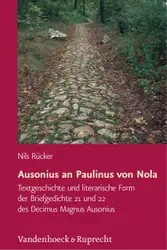
Ausonius an Paulinus von Nola : Textgeschichte und literarische Form der Briefgedichte 21 und 22 des Decimus Magnus Ausonius
Nils Rücker
book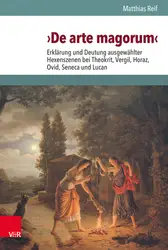
›De arte magorum‹ : Erklärung und Deutung ausgewählter Hexenszenen bei Theokrit, Vergil, Horaz, Ovid, Seneca und Lucan unter Berücksichtigung des Ritualaufbaus und der Relation zu den Zauberpapyri
Matthias Reif
book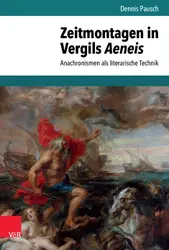
Zeitmontagen in Vergils Aeneis : Anachronismen als literarische Technik
Dennis Pausch
book
Mundus ecce nutat et labitur : Weltuntergangskonzepte in der griechischen und lateinischen Literatur
Dominic Bärsch
book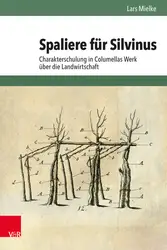
Spaliere für Silvinus : Charakterschulung in Columellas Werk über die Landwirtschaft
Lars Mielke
book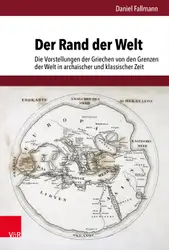
Der Rand der Welt : Die Vorstellungen der Griechen von den Grenzen der Welt in archaischer und klassischer Zeit
Daniel Fallmann
book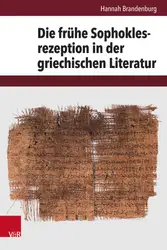
Die frühe Sophoklesrezeption in der griechischen Literatur
Hannah Brandenburg
book
Der Traum in der griechischen Philosophie : Von der archaischen Zeit bis zum frühen Hellenismus
Melissa Kunz
book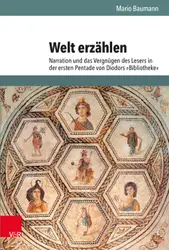
Welt erzählen : Narration und das Vergnügen des Lesers in der ersten Pentade von Diodors »Bibliotheke«
Mario Baumann
book
Ovids Epos und die Tradition des Lehrgedichts : Mythos und Elementenlehre in den »Metamorphosen«
Yasmin Schmidt
book
Patchworkfamilien in der Spätantike
Moritz Schnizlein
book
